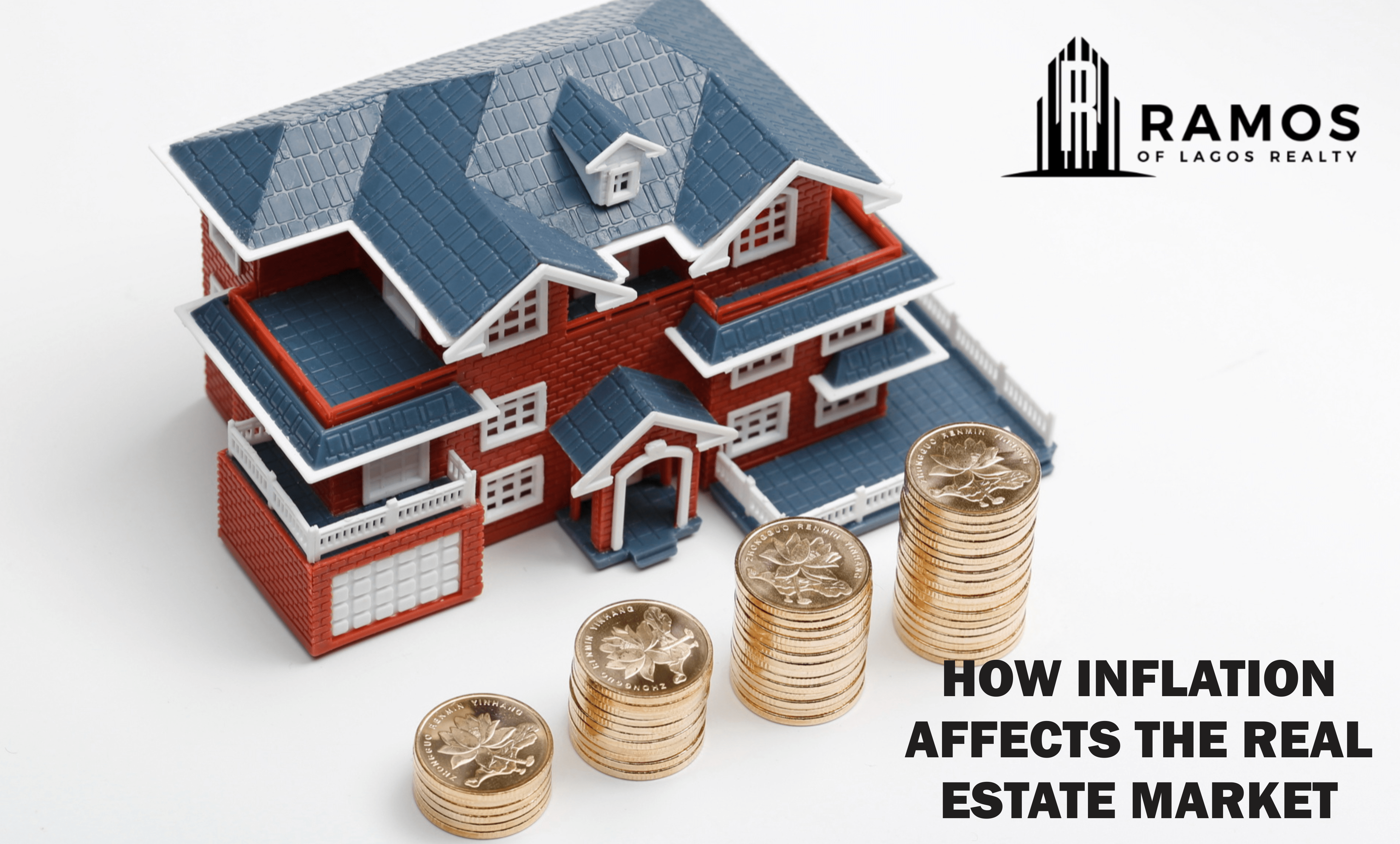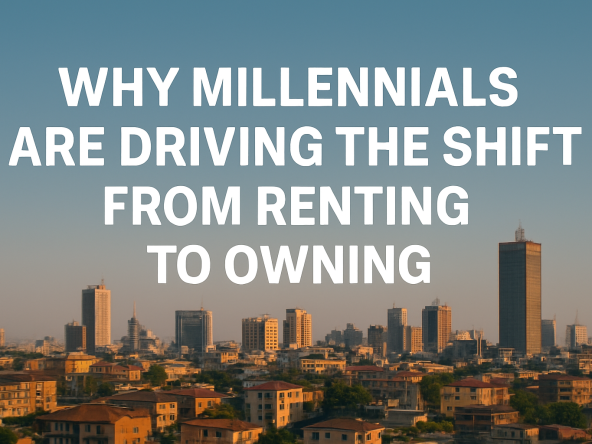What is Inflation?
Inflation refers to the rate at which the general level of prices for goods and services in an economy rises over a period of time. It essentially represents the decrease in the purchasing power of money, meaning that over time, each unit of currency buys fewer goods and services.
Inflation is typically measured as a percentage change in the Consumer Price Index (CPI) or the Producer Price Index (PPI), which track the average price level of a basket of goods and services consumed by households or produced by businesses, respectively.
INTRODUCTION
As Nigeria grapples with fluctuating inflation rates, understanding how this economic phenomenon affects real estate investments becomes crucial for investors and stakeholders alike. Inflation in Nigeria, like in many other economies, is a complex phenomenon influenced by a variety of factors. Understanding these factors is crucial for policymakers, businesses, and individuals seeking to navigate the economic landscape.
Traditionally, inflation can impact the real estate market in several ways:
Rising Costs: Inflation often leads to an increase in construction costs, including materials, labor, and financing expenses. This can result in higher development costs for new projects and renovations, potentially reducing the supply of new housing and increasing property prices.
Interest Rates: Central banks may respond to inflationary pressures by raising interest rates to curb spending and stabilize prices. Higher interest rates can increase borrowing costs for homebuyers, leading to reduced affordability and dampening demand in the real estate market.
Asset Appreciation: Real estate is often seen as a hedge against inflation, as property values tend to appreciate over time in response to rising prices and demand. Inflation can drive up property values, particularly in markets with limited supply and strong demand, leading to capital appreciation for real estate investors.
Rental Rates: Inflation can also influence rental rates, as landlords may adjust rents to cover increased operating expenses and maintain profitability. Higher rental rates can impact affordability for tenants and contribute to housing cost inflation.
Investor Behaviour: Inflationary pressures may prompt investors to allocate capital into tangible assets like real estate as a hedge against currency depreciation and financial market volatility. Increased investor demand can drive up property prices and competition in the real estate market.
If inflation continues to rise in 2024, we might expect to see some of these traditional effects manifest in the real estate market. However, the extent of the impact will depend on various factors, including the severity and duration of inflationary pressures, government policies, and the overall economic environment.
It’s essential for real estate market participants, including buyers, sellers, investors, and developers, to monitor inflation trends closely and adapt their strategies accordingly to navigate potential challenges and capitalize on opportunities in the evolving market conditions. Additionally, seeking guidance from financial and real estate experts can help stakeholders make informed decisions amid changing economic dynamics.





